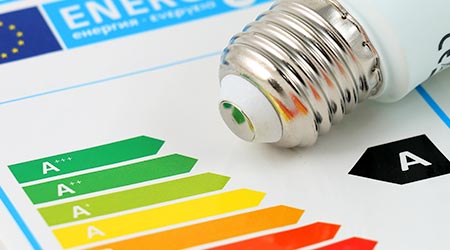
DOE Proposal Could Affect Product Efficiency Standards
July 1, 2019
As the Trump Administration offers new policies on the environment and energy efficiency, A Department of Energy proposal would ease the ability of manufacturers to temporarily avoid testing to determine whether their products meet federal efficiency standards, according to Utility Dive.
It's a "quietly issued proposal that could seriously undermine U.S. energy efficiency standards," according to Andrew deLaski, executive director at the Appliance Standards Awareness Project (ASAP).
There are a variety of reasons that DOE allows manufacturers to apply for interim waivers from testing — some new products can't be tested with existing procedures, or existing tests are inadequate, deLaski told Utility Dive. The current system works relatively well, he said. But under DOE's proposal, interim waivers would be granted if the DOE failed to act on a request within 30 days.
"Because the recent history of waiver applications indicates that it is difficult for DOE to respond to such requests within 30 days, interim waivers would in many, if not most cases be automatically granted under DOE's proposal," deLaski wrote in a recent blog post.
"It upends the reliability of the regulatory system, if your competitor might be able to self-assign a waiver that says they don't have to comply," he said.
DOE could later determine the manufacturer's waiver application should be rejected, but deLaski notes they would then be given a 180-day grace period before being required to use the uniform DOE test procedure.
"In other words, it would receive six more months to continue selling non-compliant products that unfairly undercut the competition and potentially harm buyers," deLaski wrote. And there will be no guarantee the process would not just begin again with a new application.
Ryan Berlin is digital content manager of Facilitiesnet.com.
Next
Read next on FacilitiesNet












